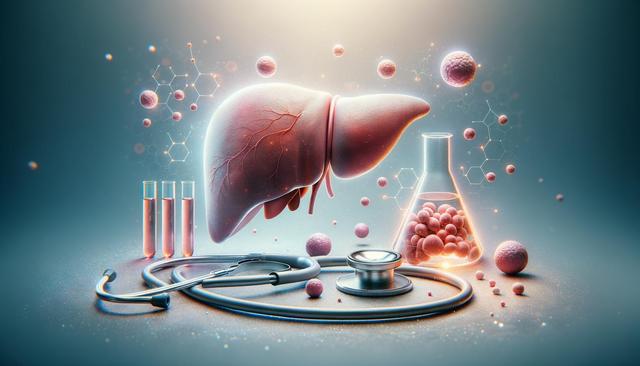What Are Liver Function Tests?
Liver function tests, also known as liver panels, are a series of blood tests that help evaluate the health of your liver by measuring levels of enzymes, proteins, and substances produced or processed by the liver. These tests are commonly used to detect liver damage, inflammation, or disease. They can also monitor the progression of known liver conditions or the effectiveness of treatments. Some of the most common liver function tests include:
- Alanine transaminase (ALT)
- Aspartate transaminase (AST)
- Alkaline phosphatase (ALP)
- Gamma-glutamyl transferase (GGT)
- Bilirubin
- Albumin and total protein
These results collectively provide insight into whether your liver is inflamed, under stress, or struggling to process toxins. Recognizing signs your liver is stressed and seeking appropriate testing can help prevent more serious complications from developing.
Common Signs Your Liver May Be Under Stress
The liver plays a central role in filtering toxins, aiding digestion, and supporting metabolic functions. When it is not functioning optimally, the body often sends out warning signs. Some of the most notable signs your liver is stressed include:
- Chronic fatigue or low energy levels
- Yellowing of the skin or eyes (jaundice)
- Unexplained weight loss or appetite changes
- Dark urine or pale stool
- Itchy skin or rashes
These symptoms may indicate underlying liver inflammation symptoms, which can result from infections, autoimmune disorders, or prolonged exposure to environmental toxins. Early detection through liver function tests can lead to more effective management and recovery.
The Connection Between Skin and Liver Health
The skin is often a visible reflection of internal issues, especially those related to the liver. Many people are unaware of the skin and liver connection, but problems in liver function can manifest through skin-related symptoms. Common examples include:
- Persistent acne or rashes
- Unusual bruising
- Discoloration or blotchiness
- Spider angiomas (small, spider-like blood vessels visible under the skin)
When the liver is overburdened and cannot effectively eliminate toxins, the body may attempt to excrete them through the skin, leading to irritation or blemishes. Understanding this connection can prompt timely testing and treatment, especially when skin issues persist despite topical treatments.
What Affects Your Liver Besides Alcohol?
While alcohol is a well-known contributor to liver damage, it is far from the only factor. Many people are surprised to learn about what affects your liver besides alcohol. Some common contributors include:
- Overuse of medications, especially acetaminophen and certain antibiotics
- High-fat or processed diets
- Exposure to environmental toxins such as pesticides
- Chronic viral infections like hepatitis B or C
- Autoimmune diseases
These factors can lead to toxin overload signs such as nausea, brain fog, and digestive issues. Being aware of these risks and modifying lifestyle habits accordingly can support liver health and reduce the need for more invasive treatments.
When to Consider Liver Function Testing
Routine liver function tests are not always part of standard health screenings, but they may be recommended if you experience symptoms commonly associated with liver stress or have risk factors for liver disease. Some situations where testing may be especially valuable include:
- Persistent fatigue and weakness
- Unexplained skin conditions
- History of alcohol or drug use
- Family history of liver disease
- Unusual weight fluctuations
In addition, those who notice toxin overload signs or liver inflammation symptoms should consult a healthcare provider about testing. Periodic monitoring helps ensure that any issues are identified early, when they are most manageable, and allows for prompt intervention through lifestyle changes or medical treatment.
Conclusion: Taking Proactive Steps for Liver Health
Liver function tests offer valuable insights into your liver’s condition and overall bodily health. Recognizing signs your liver is stressed, learning about the skin and liver connection, and understanding what affects your liver besides alcohol can empower you to take preventive actions. Whether you’re dealing with specific symptoms or simply want to support long-term wellness, discussing liver testing with your healthcare provider is a proactive way to stay informed and healthy. Prioritizing liver care is not just about avoiding illness—it’s a key component of maintaining energy, digestion, and skin health.




Leave a Reply